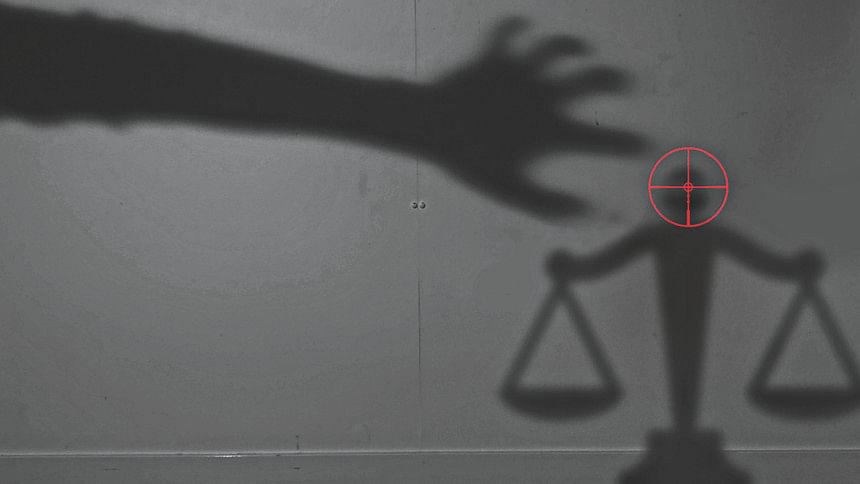Protection of the identity of victims in judgements

Provisions designed for the protection of the identity of victims of crimes and witnesses in one form or another can be gleaned in many legal systems of today. Bangladeshi legal system is no exception to this. A number of laws, for instance, Section 14 of the Repression of Violence against Women and Children Act, 2000; Section 5 of the Public Interest Information Disclosure (Protection Provision) Act, 2011/ Whistleblower Protection Act, 2011; Section 37 of the Prevention and Suppression of Human Trafficking Act, 2012; provides for the protection of identity of victims of crimes and witnesses or other related persons. Typically, legal provisions on this point make any publication of the name, photograph, or any other form of identity of victims or witnesses a punishable offence.
The rationale for protection is mainly two-fold. In case of a victim, it is essentially about protecting her/him from unwarranted publicity which may adversely impact her/his family or professional life and thus, further victimisation. Regarding the witnesses, in essence, it is about the protection from the wrath of an accused or her/his near and dear ones. However, this write-up argues that the protection of the identity of the victims and witnesses during the court proceedings is only a part of the protection. This write-up will demonstrate that another important part of the protection lies in the protection of the identity in the judgements which seems to remain neglected in our country.
To illustrate the thinness of the protection of the victims during the court proceedings, let us take a reported case (the citation of the case is omitted here to avoid any needless attention to the victim in the case) in which the High Court Division (HCD) of the Supreme Court held that a victim of human trafficking who was languishing in India had a right to be repatriated to Bangladesh under the official arrangements of the Government of Bangladesh. Relying inter alia, on Article 31 of the Constitution, the HCD held that by neglecting to repatriate her in an expeditious manner, the government functionaries failed to perform their duties on good faith. However, while the writ petitioner, the victim’s father, received the remedy that he had applied for, he rather ungainly received potentially unwarranted publicity in that the judgement mentioned the name of his hapless daughter and part of his home address. For sure, this publicity is further magnified and perpetuated by the reporting of the judgment. There seems to be nothing contentious in the case which had anything to do with name and address of the victim girl or her family, except at best, a simple point addressing whether or not she was a citizen of Bangladesh.
Had the matter been a criminal trial of human trafficking, any party to the case, the lawyers, members of the public, or any members of the public attending the court proceedings would have been under a legal obligation of non-publishing any identifying information of the victim. However, the same restriction would not have applied to the judgement which makes a mockery of the prohibition on the disclosure of identifying information. In some ways, the disclosure of identifying details in the judgement of a case can be more lasting than the publication or broadcast of identifying information of the victims and witnesses by news and print media. This is because the former creates a public record which is officially recorded by the court and may be reported in various law reports and thus, form part of even wider public dissemination to any readers of these reports.
The need for the protection of the identity of persons involved in court proceedings may not necessarily be limited to criminal trials. There seems to be a persuasive case for ensuring anonymity in the judgements of many family-related cases where publicising the judgment may serve the best interest of the parties involved in that case. And there may be other cogent reasons which cannot be detailed within the limits of this brief write-up. However, if the policymakers recognise that the protection of identity is by no means merely an issue during the pendency of court proceedings but may equally apply to the judgements, in what kind of matters and how the identity would be protected should not be too complex. Anonymising the name of the parties to a case and their other identifying details should be an easily accomplishable task for our legal system.
The writer is an Associate Professor, Department of Law, North South University.

 For all latest news, follow The Daily Star's Google News channel.
For all latest news, follow The Daily Star's Google News channel. 



Comments